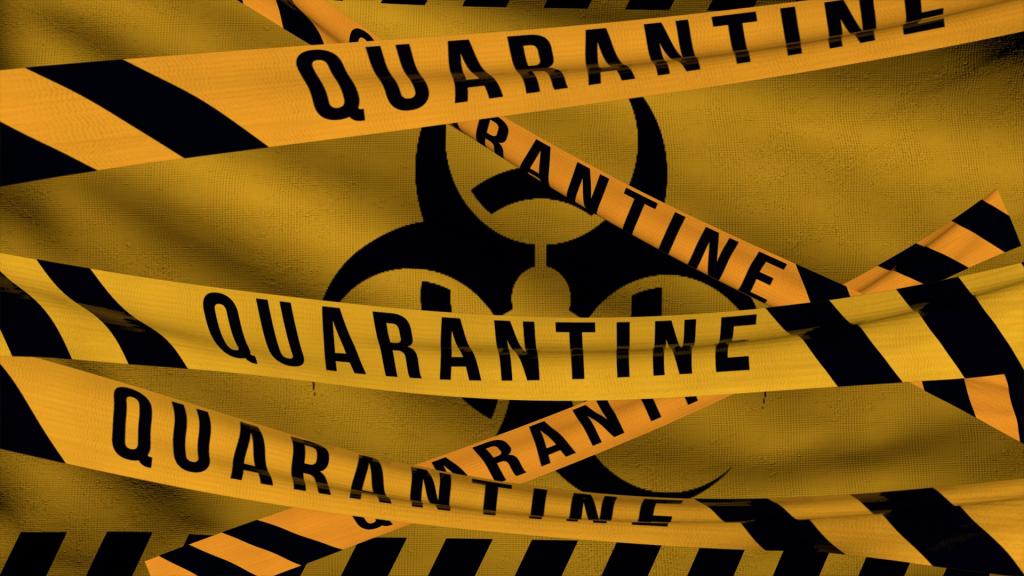This article is part of the series Governance, in Crisis.
By Michelle Bentley
Reader in International Relations and Director of the Centre for International Security at Royal Holloway, University of London
Michelle.Bentley@rhul.ac.uk
Covid-19 has challenged our perceptions of what security is. Security is typically conceptualised in terms of conventional threats – such as war, weapons, and terrorism. The pandemic, however, has highlighted that issues like disease also have the power to bring society to a standstill. But what if these two things are combined?
As well as global health concerns, the current pandemic has also demonstrated the threat of biological warfare, understood as the deliberate use of disease as a weapon. The international community has worked hard to control, and mitigate the potential effects of, biological weapons – although not as hard as some would like. In fact, biological warfare has frequently been overlooked in favour of concerns relating to other types of weapons of mass destruction, such as nuclear and chemical arms. Yet Covid-19 has shown that biological warfare is a major threat by highlighting the extreme and terrible consequences that these weapons could have. This realisation will have serious implications for global governance structures and how they deal with the threat of biological warfare going forward.
Disease as a security risk
Covid-19 will challenge and change global governance on biological warfare by demonstrating exactly what disease can do. One of the key factors that have hindered the international community’s action on biological warfare in the past has been a failure to fully understand the physical and political effects of these weapons – not just in terms of public health, but also social disruption. Analysts have long disagreed over what the fallout from a biological attack would actually look like, largely because biological weapons have not really been used. This has led to a lot of speculation; but global governance is difficult when it is based on the imagination. How do you control what you do not know? While we have experienced major disease outbreaks before – such as Ebola in 2014 – which have informed security policy to a degree, the current pandemic is unprecedented and gives new meaning to the potential threat of biological weapons. Covid-19 will provide a more solid basis for the discussion of policy and – importantly – consensus, simply because policymakers and the public now have a better idea of what they are talking about.
New diplomacy
Potential opportunities for this new policymaking include the 1972 Biological Weapons Convention (BWC). The convention is the main international agreement controlling biological arms, which bans the ‘development, production, and stockpiling’ of these weapons. There are currently 183 parties to the agreement. Yet the BWC is mired in controversy. In particular, state parties have disagreed over provisions surrounding verification i.e. the measures that ensure no party is developing such weapons in violation of the agreement. Policymakers have not been able to agree on what these measures should involve and how strong they should be. Verification is a long-standing bugbear of the BWC, to the extent that some analysts say this dispute could undermine the convention’s future. Covid-19 will put new pressure on policymakers to strengthen agreements such as the BWC. While there would still be disagreements over the nature and viability of verification, the pandemic could create a new global governance platform for at least further debate on biological weapons control.
This is an excerpt. To read the full article, visit The Global.
Interested in contributing to our blog? Here is how


